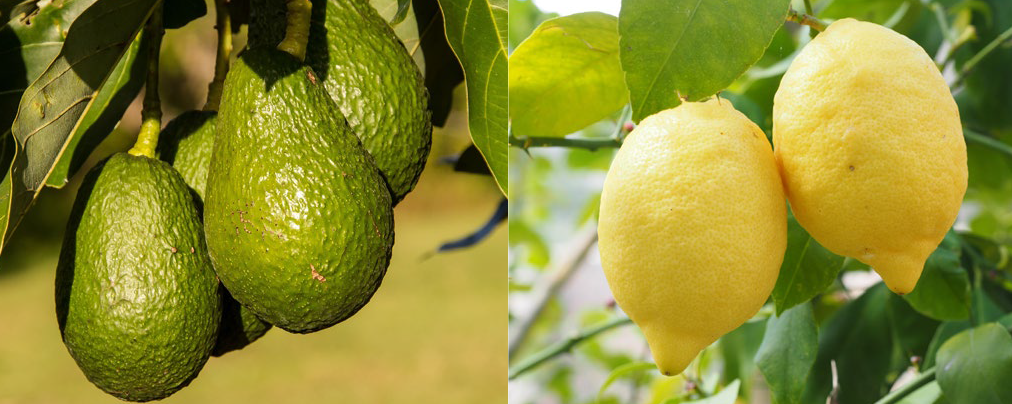This past year, investment in (and development of) agricultural properties has continued at a rapid pace in South America, for both large farming companies and institutional investors.
These farming companies and investors are looking to take advantage of the counter-seasonal aspects of farming in South America that allow them to provide products to U.S. supermarkets year-round.
One example of this is Limoneira, a large-scale farming company that produces lemons, avocados, and other citrus crops in both the U.S. and South America. In 2018, Limoneira bought the San Pablo Ranch in La Serena, Chile, to increase lemon, orange, and avocado production in the growing window provided by Chile that is counter to that of the U.S.

Investors and growers have long known the importance of counter-seasonal growing regions as a way to diversify and hedge against market events.
This is becoming more important as geographic regions in South America are becoming easier to invest in as infrastructure improves and the US has become friendlier to imports from these countries. An example of this will be Argentinian lemons arriving in the United States for the first time in decades this year. This will provide one more growing region to offset potential issues with other growing regions such as Ventura, CA which experienced prolonged heat last year causing reduced yields. In future years, should such a weather event happen again, Argentina should be able to fill some of that market.
Growers will continue to look to counter-seasonal growing regions as an area in which to expand, as a way to diversify their growing portfolio and as an opportunity to make consumers feel more confident that they’ll receive the freshest, in-season produce year-round.
These investments will continue to pay dividends not only for growers and investors, but also for consumers, as what once had been seasonal items become available year-round in stores. Plus, with investment in these regions, the quality and varieties available to consumers during winter in the U.S. will continue to increase.
